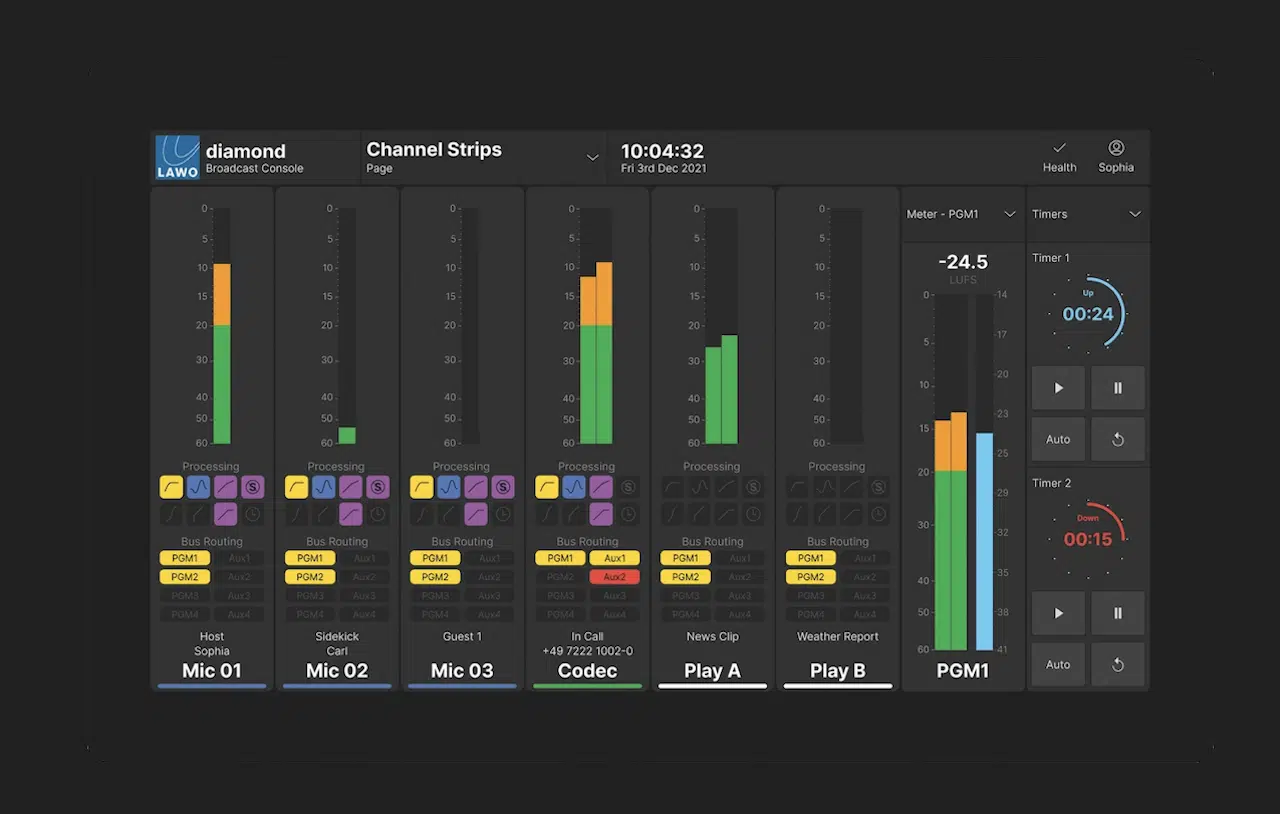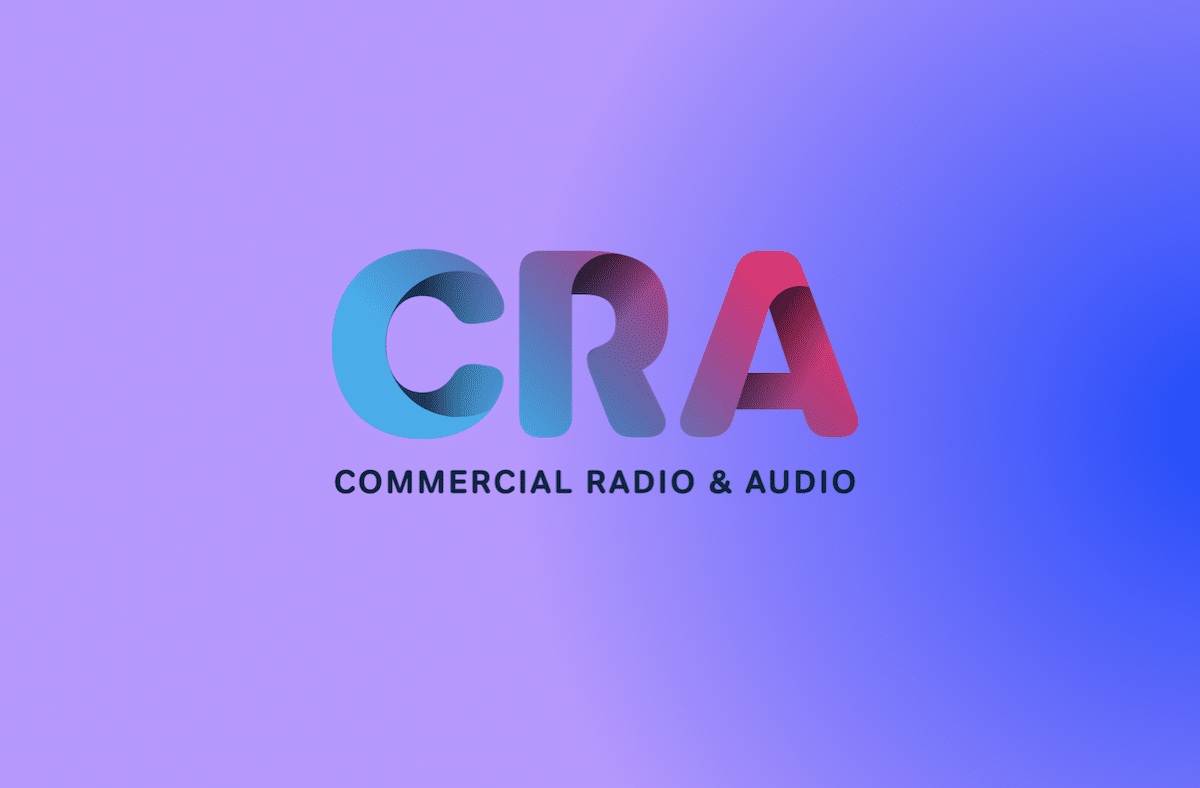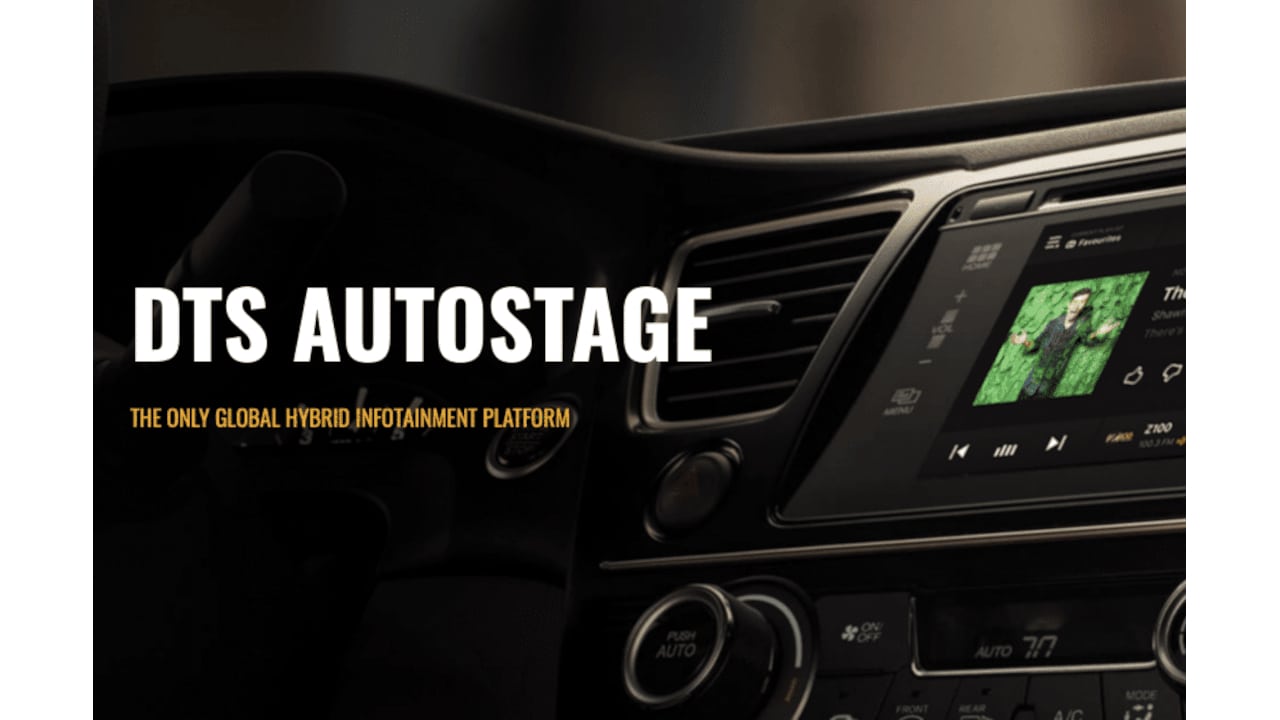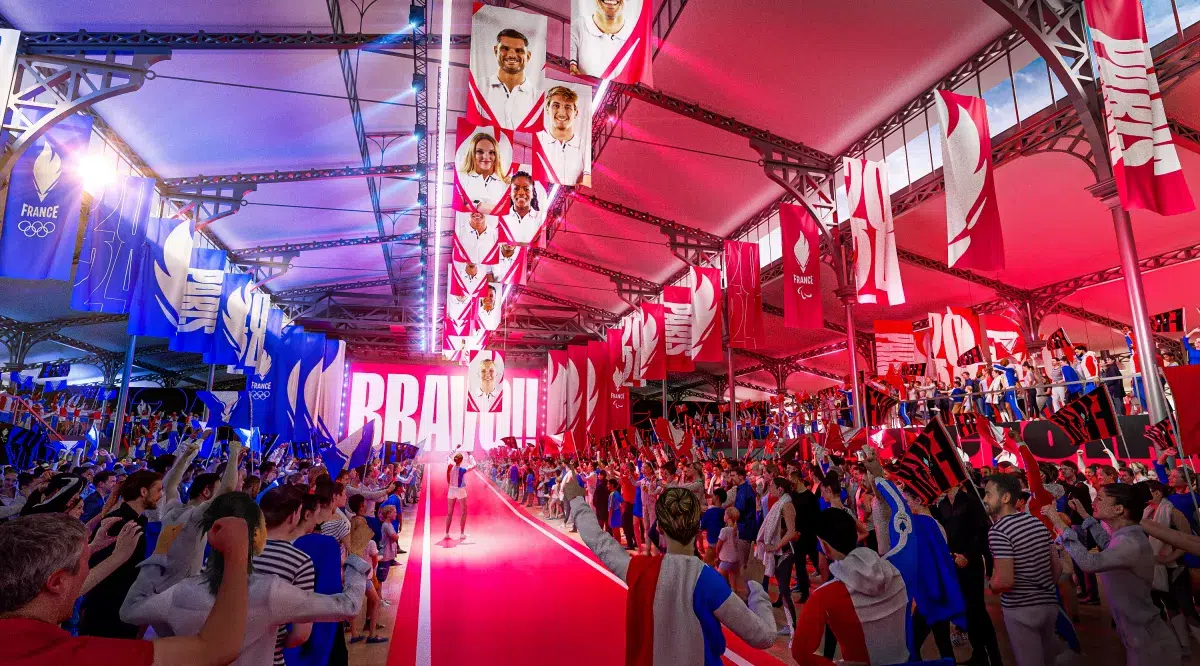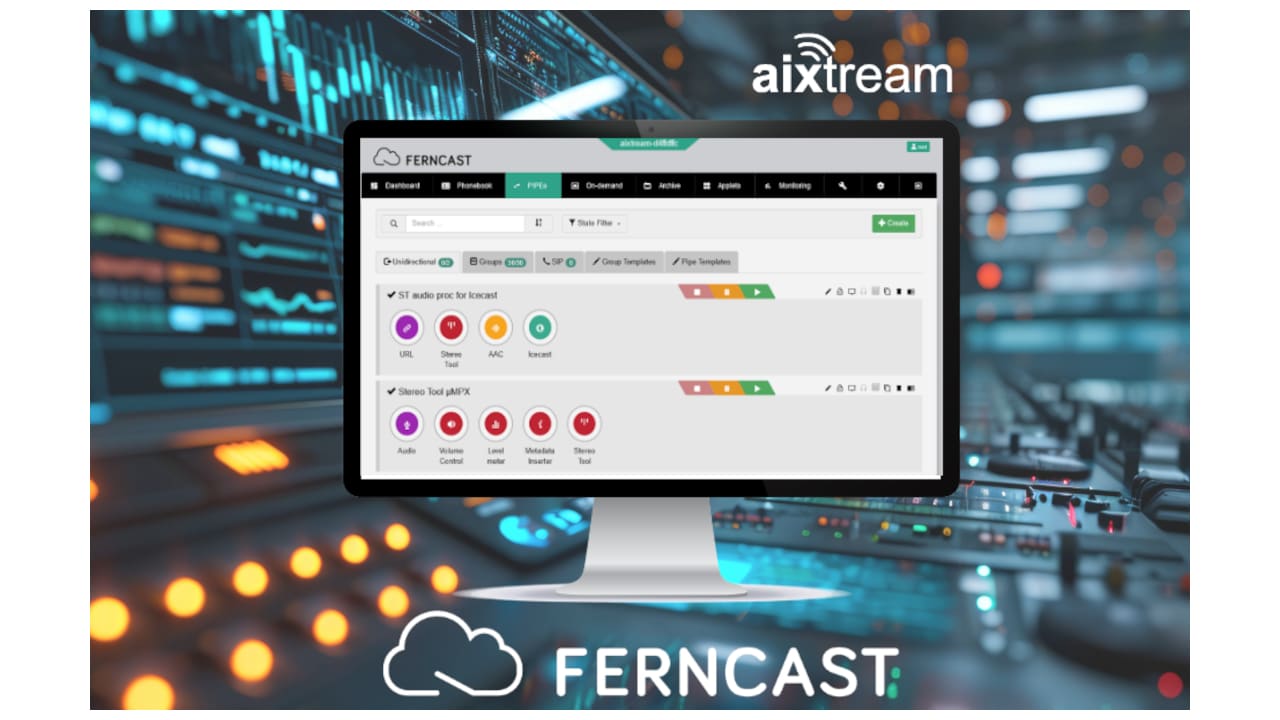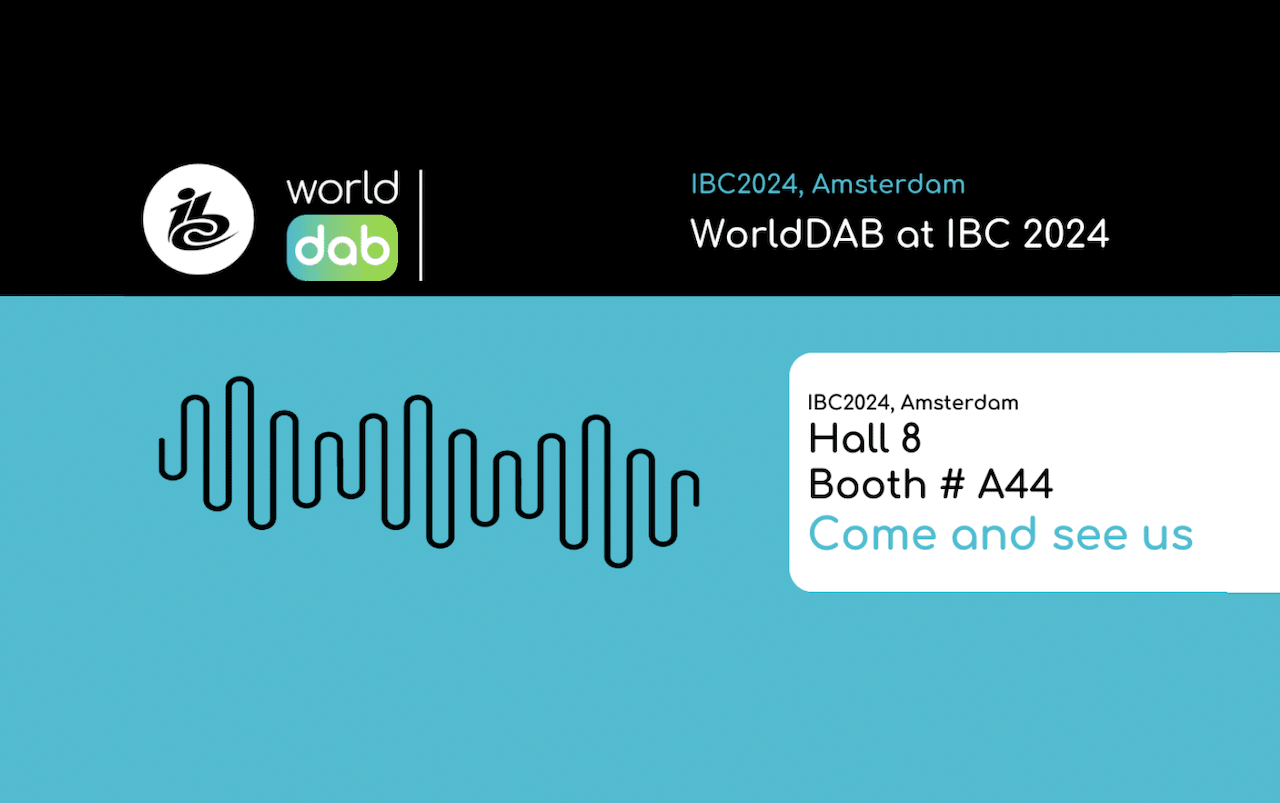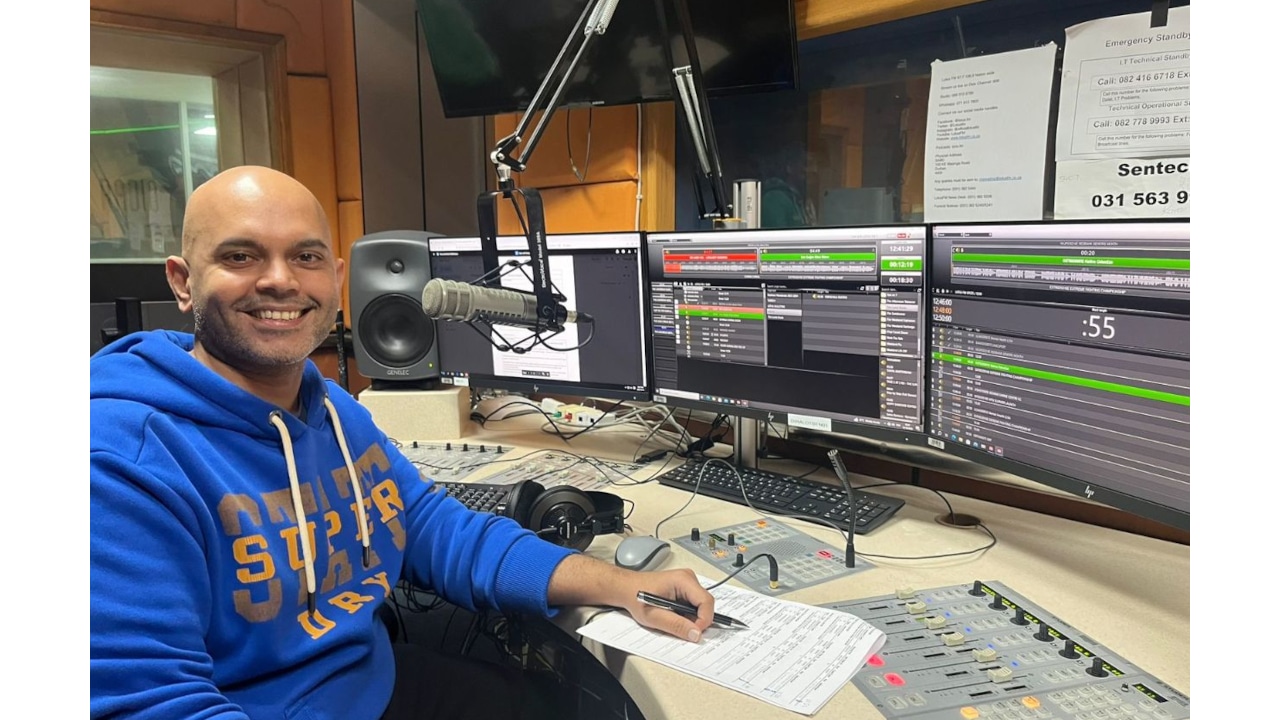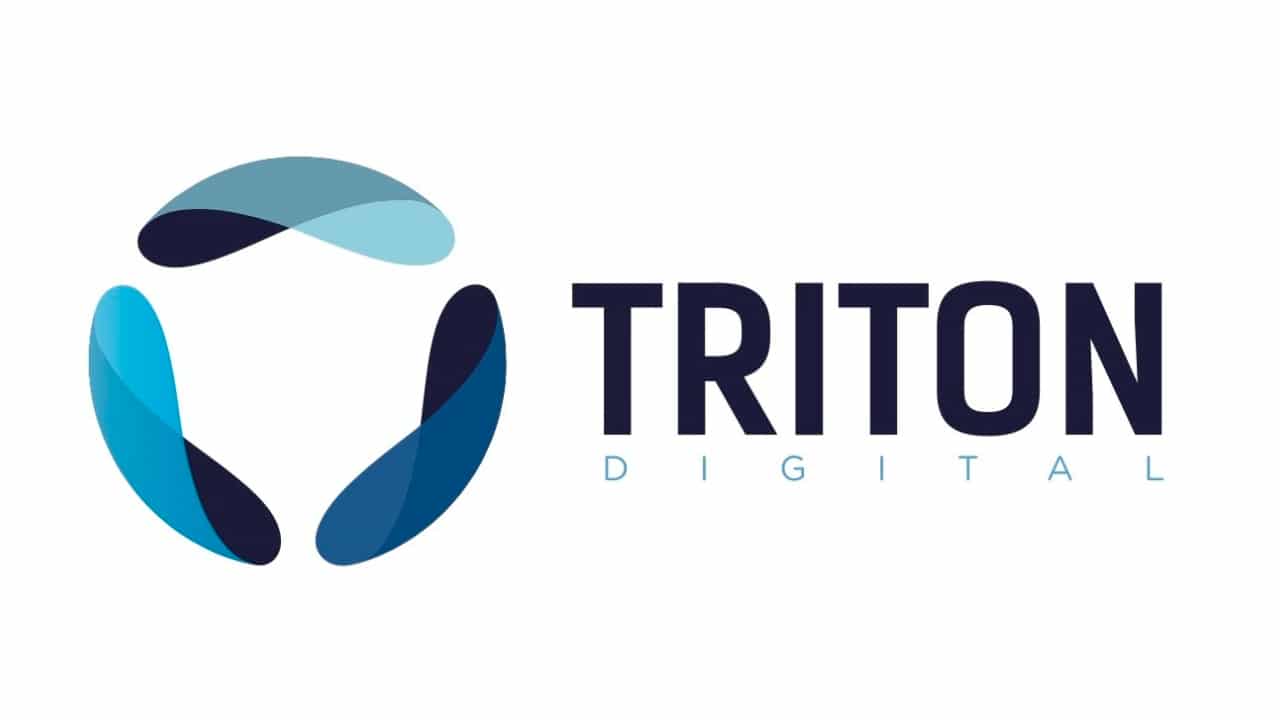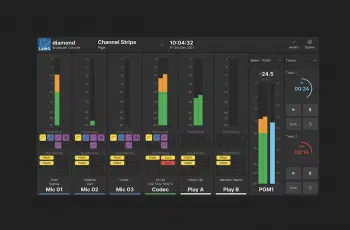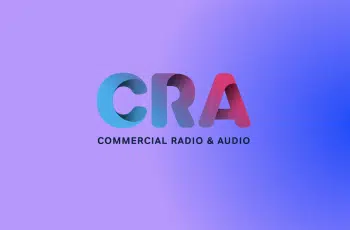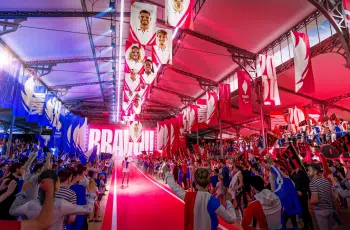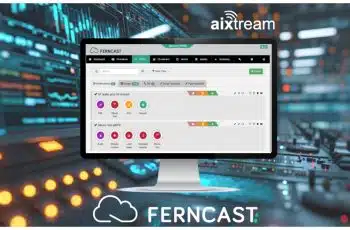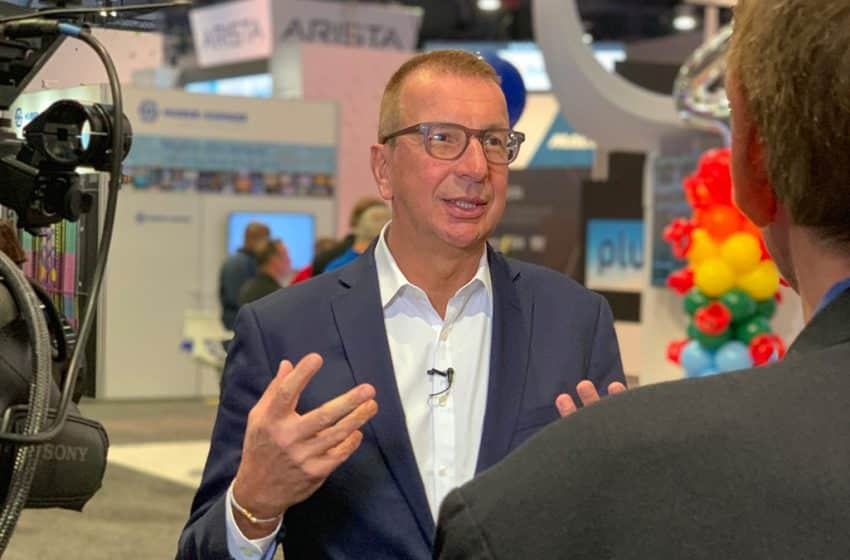
Philippe Generali, CEO of RCS, is confident in radio’s future, but acknowledges it will look very different from when the global radio scheduling and software company started. In this interview with RedTech, Generali describes how he sees radio changing, the challenges broadcasters and audio professionals face and ways they need to evolve to remain competitive.
RedTech: What trends do you see for radio and podcasts in this evolving digital audio industry?
Generali: According to a report by [global media investment and intelligence company] Magna, radio advertising sales in the United States are forecast to grow 19% in 2021 to $11.0 billion, and a further 3% to $11.4 billion in 2022. That’s very good news. Sure, there’s a lot of dollars going to digital, but radio is coming back strong.
Podcasts are also doing very well. It’s going to go to a billion dollars in advertising in the U.S. — that’s bigger than the movie industry — driven by the fact that podcasting is becoming mainstream media. Podcasting reach grew 21% between 2020 and 2021, according to Nielsen. Almost a quarter of us adults that are 18 and older are reached by podcasting in 2021.
If you’re in the audio entertainment business, you have to be where your listeners are. Otherwise, you’re going to lose them.
RedTech: Radio broadcasters need to transition toward hybrid work. How are you helping them do this?
Generali: You have to think beyond your FM transmitter — you have to think about your audience on streaming…on a smart speaker. We work in tandem with our sister company, Triton Digital, to offer stations a way to monetize their stream. The philosophy is very simple: If you’re in the audio entertainment business, you have to be where your listeners are. Otherwise, you’re going to lose them.
RedTech: Some radio broadcasters tend to be conservative; how do you convince them to use a cloud-based solution?

Generali: RCS was the first company to offer a real professional-grade automation system that was totally cloud-based, called Zetta Cloud. It’s already the most-sold automation system in the U.S. today, and we’re now in about 86 countries, and counting.
We light up a station a day somewhere in the world with Zetta. When you talk about “going to the cloud” instead of “in the studio,” broadcasters are very interested: “So, I won’t have a machine in the studio or the rack room…I won’t have to do all the maintenance?” No, you won’t. There is a lot of money to save.
RedTech: So, you feel there’s a trend of wishing to use virtualization — to go to the cloud?
Generali: Yes. There are several ways to get into the cloud, and at RCS, we offer baby steps to get you there. We have a service called RCS Disaster Recovery, which allows you to have a copy of your radio station running with a completely cloud-based automation system. And if anything happens, you can open up a browser and restart things, knowing your station is being kept up to the minute with the latest jingle, commercial, voice track and music, of course.
The most common threat to stations is ransomware. It’s definitely becoming more common. The scenario is classic: A hacker gets into your computer system and puts a wrapper around your audio files, and a nice message pops up on the screen saying, “Give us a hundred thousand dollars in Bitcoin, and we’ll restore your audio files.” The advantage of the cloud-based system is that when you use Zetta as a disaster recovery system, we will have copied all your audio and assets in the cloud. So, you can simply start the system in the cloud, direct that stream to your transmitter, turn off all your machines, clean them and restore your backups, all while remaining on-air.”
RedTech: With the pandemic, streaming is booming. Tell us about Revma and how it is evolving.
Generali: When we acquired [Athens-based online radio management and streaming solutions company] Radiojar, I wanted to make sure we could use that as a base for our cloud services. We know what radio professionals want. We have over 15,000 audio professional clients around the world in 115 countries who are really eager to stream properly. We worked with the team and made Revma. We’ve tripled sales since acquiring them.
Clients can now break away from purely terrestrial broadcasting and split — with different commercials — on the internet to make more money. For example, we’re able to offer a longer commercial break on the internet than on FM — we simply select the song scheduled at the end of a commercial break and stitch onto the end of the longer break on the internet. It is completely transparent. So, you can have more commercials on the internet than you have on terrestrial.
Watch the full interview here.



